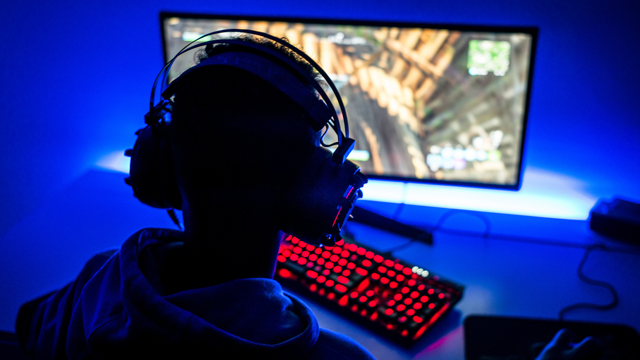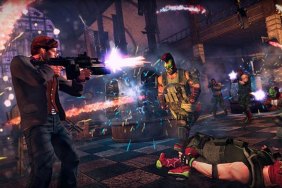Why don’t more publishers and developers outright denounce the toxicity and bigotry that exists within their communities? Gaming suffers from this problem more than most industries, and while these attitudes exist in film and other media, we’ve seen actors and directors alike fight back against these attitudes. Even while upcoming blockbusters such as Captain Marvel are being loudly derided by mouthy corners of the internet, director Anna…

Atlas is an action-rpg with rogue-like elements where you use your ability to control the ground to fight the enemies and move through procedurally generated worlds.










